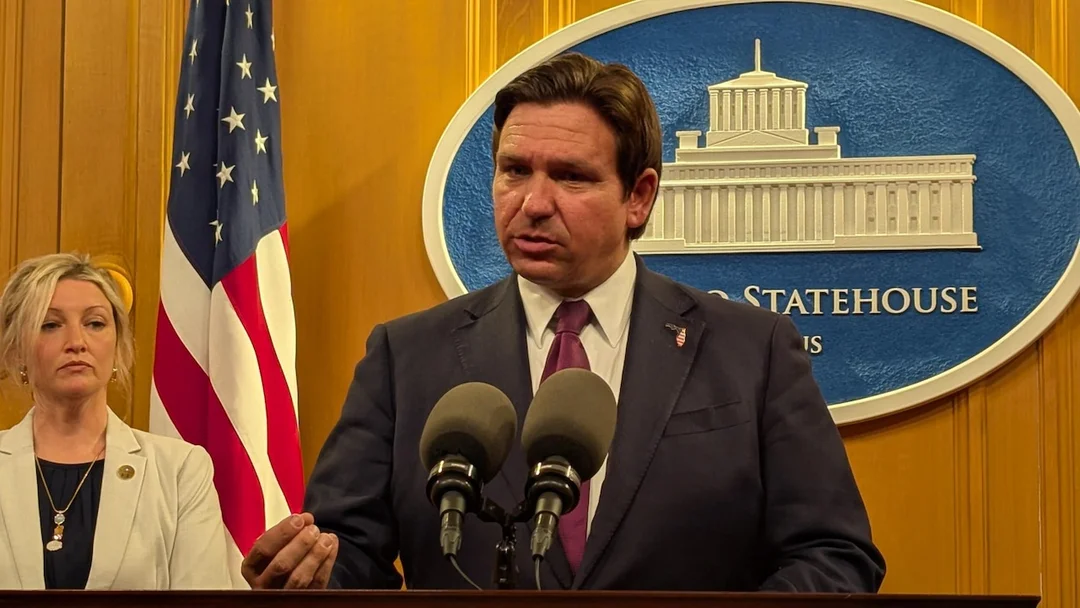
Could Term Limits Revolutionize Congress? Florida Governor’s Bold Push in Ohio
Florida Governor Ron DeSantis has taken his campaign for congressional term limits to the heart of Ohio, igniting a debate on how to curb career politicians in Washington. With term limits gaining broad public support, this move raises intriguing questions about the future of American democracy and the potential for real change in a gridlocked Capitol.
During his visit to the Ohio Statehouse on May 13, DeSantis rallied behind a resolution sponsored by state Rep. Heidi Workman, calling for a constitutional convention to impose limits on congressional service. Drawing from his own experience as a three-term congressman, DeSantis argued that the current system rewards longevity over innovation. "The incentives to do good policy are skewed away from that," he said, emphasizing that term limits would shift focus from perpetual reelection to meaningful achievements.
This push isn't isolated; it's part of a growing movement with 12 states, including Florida, already on board. Polls, such as one from U.S. Term Limits, show 78% of Ohioans and 87% of Americans nationwide favoring the idea, highlighting its bipartisan appeal. Yet, critics warn of risks. A constitutional convention, never before attempted, could spiral into a "runaway" event, where delegates exceed their mandate and propose broader changes. DeSantis dismisses these concerns, trusting the ratification process that requires 38 states to approve any amendment.
The visit also underscores tensions within DeSantis' own ranks. Back in Florida, House Speaker Daniel Perez criticized the governor for prioritizing out-of-state trips over local budget talks, calling it an avoidance of "tough conversations." Perez's remarks add a layer of irony, as DeSantis juggles national ambitions with state duties, even as he insists this trip has "nothing to do with running for anything." Meanwhile, Ohio's own term limits for state offices reveal loopholes, like lawmakers switching chambers to extend their tenure, as seen with House Speaker Matt Huffman.
Comparisons to federal inaction are stark. While states like Ohio have implemented term limits, Congress remains unchecked, a point DeSantis leverages to argue for a convention. He believes pressure from states could force congressional action before reaching the 34-state threshold needed to convene. This strategy echoes his earlier advocacy in Idaho for a balanced budget amendment, showing a pattern in his push for fiscal and structural reforms.
Ultimately, DeSantis' efforts highlight a fundamental question: Can term limits break the cycle of entrenched power in Washington? With public frustration mounting, this Ohio stop could be a pivotal moment in a larger national conversation.
In conclusion, Governor DeSantis' advocacy for term limits not only amplifies a popular demand for change but also exposes the complexities of amending the Constitution. As more states consider similar resolutions, the potential for transformation is real, yet fraught with uncertainty. What do you think? Should Congress adopt term limits? Share your views in the comments below and help spread this discussion by sharing this article.